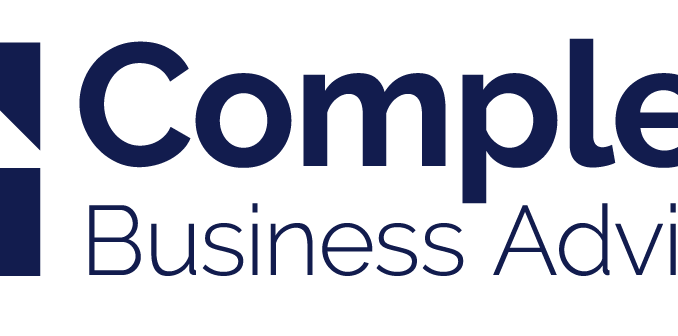
Last Updated on by Sabina
Running a successful business requires efficient management of various operations, from sales and marketing to finance and human resources. To streamline these processes and maximize productivity, businesses often turn to complete business solutions. These integrated software suites offer comprehensive tools and functionalities that enable organizations to effectively manage their entire operation. In this article, we will explore the benefits and features of a complete business solution and how it can help businesses thrive in today’s competitive landscape.

Understanding the Need for a Complete Business Solution In this section, we will discuss the challenges faced by businesses when dealing with disparate systems and the advantages of adopting a complete business solution.
Streamlining Operations for Enhanced Efficiency
By integrating different aspects of business management, such as finance, sales, marketing, and human resources, a complete business solution eliminates the need for multiple standalone systems. This streamlines operations, reduces manual work, and enables seamless collaboration across departments.
Real-Time Data for Informed Decision-Making
With a comprehensive solution, organizations have access to real-time data and analytics across various functions. This empowers decision-makers to make informed choices based on accurate information, leading to better strategic planning and improved business outcomes.
Improved Communication and Collaboration
It often includes collaboration tools and centralized communication platforms. This fosters effective teamwork, allows for transparent information sharing, and enhances overall productivity.
Key Features of a Complete Business Solution
In this section, we will explore the essential features that a complete business solution should offer to meet the diverse needs of businesses.
Enterprise Resource Planning (ERP)
ERP functionality forms the backbone of a complete business solution. It integrates core business processes, such as accounting, inventory management, procurement, and supply chain, into a unified system. This ensures efficient resource utilization and provides a holistic view of the organization’s operations.
Customer Relationship Management (CRM)
CRM capabilities enable businesses to manage customer interactions, track sales leads, and optimize marketing efforts. A robust CRM module within a complete business solution helps businesses nurture customer relationships, improve customer satisfaction, and drive sales growth.
Financial Management
A comprehensive financial management module includes features such as general ledger, accounts payable and receivable, budgeting, and financial reporting. These tools provide accurate financial insights, ensure regulatory compliance, and facilitate effective financial decision-making.
Human Resources and Talent Management
The HR and talent management component it offers functionalities like employee onboarding, payroll processing, performance management, and training and development. It simplifies HR processes, improves workforce efficiency, and helps attract and retain top talent.
Business Intelligence and Analytics
Advanced analytics and reporting capabilities enable businesses to extract valuable insights from their data. It should provide customizable dashboards, data visualization tools, and predictive analytics to support data-driven decision-making and performance monitoring.
Selecting the Right Complete Business Solution
In this section, we will highlight key factors that businesses should consider when choosing a complete business solution.
Scalability and Flexibility
It should be scalable to accommodate future business growth and flexible enough to adapt to evolving needs. It should support customization options and integration capabilities to ensure compatibility with existing systems.
User-Friendly Interface and Ease of Use
A user-friendly interface is crucial for successful implementation and adoption of a complete business solution. The software should be intuitive, with easy navigation and clear workflows, enabling users to quickly learn and leverage its functionalities.
Vendor Support and Reliability
When selecting a business solution, it’s important to assess the vendor’s track record, reputation, and commitment to customer support. Reliable technical assistance and ongoing updates are essential for seamless operation and addressing any potential issues.


